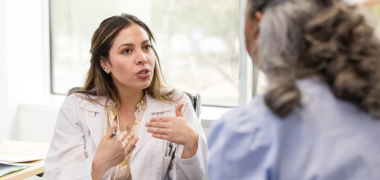
This role has a high level of AI exposure. While some human skills are required, many tasks could be automated or replaced by new technology.
Explore all careersA Clinical Researcher advances medical science by designing and managing clinical trials, collaborating with stakeholders to ensure ethical compliance.
Get qualified to work as a Clinical Researcher with a course recognised across Australia. Speak to a training provider to learn more.


Browse occupations related to Clinical Researcher



If you are looking to expand your knowledge and skills in the field of clinical research, we have an exciting selection of Clinical Researcher courses in Launceston. These courses cater to those with prior experience or qualifications, allowing you to delve deeper into the intricacies of clinical research. Launceston, known for its picturesque landscape and vibrant community, is home to quality training providers dedicated to delivering exceptional education in this growing sector.
Among the top choices for experienced learners are the Bachelor of Science (Biology) and the Bachelor of Biomedical Science. Both of these advanced programs are designed to equip you with the essential skills required to excel as a Clinical Researcher. By enrolling in the Bachelor of Science (Biology), you will gain a comprehensive understanding of biological principles and research methodologies that are fundamental to the clinical research field.
If you're particularly interested in the application of science to healthcare, the Bachelor of Biomedical Science may be the perfect fit for you. This programme offers a unique combination of rigorous scientific training and practical skills, preparing you for a successful career in clinical research within Launceston and beyond. The training providers recognised for these courses ensure you receive high-quality education aligned with industry standards.
Launceston's clinical research landscape is constantly evolving, making it an excellent location for learners to embark on their educational journeys. The city's burgeoning healthcare sector requires proficient Clinical Researchers who can undertake vital studies that contribute to advancements in medical treatments and patient care. Enrolling in Clinical Researcher courses in Launceston not only enhances your qualifications but also positions you favourably in an increasing competitive job market.